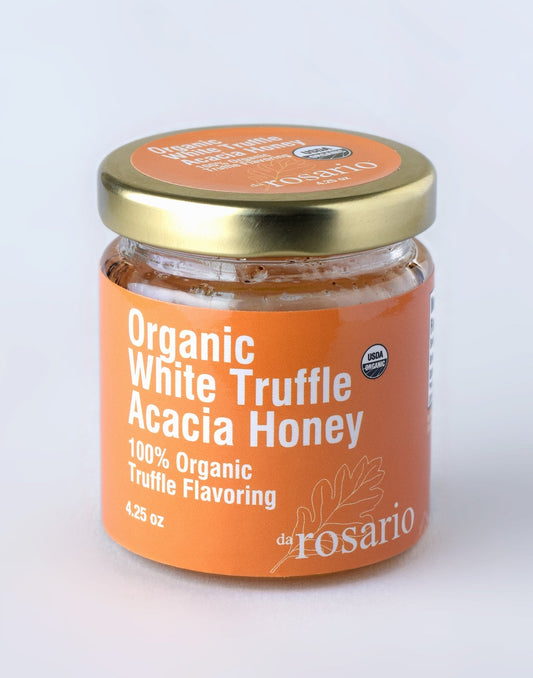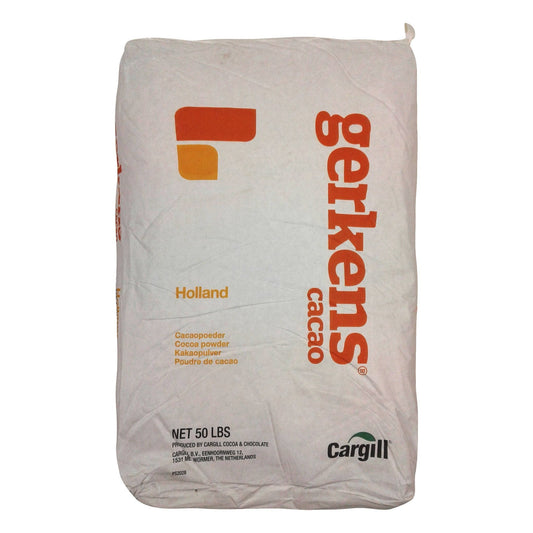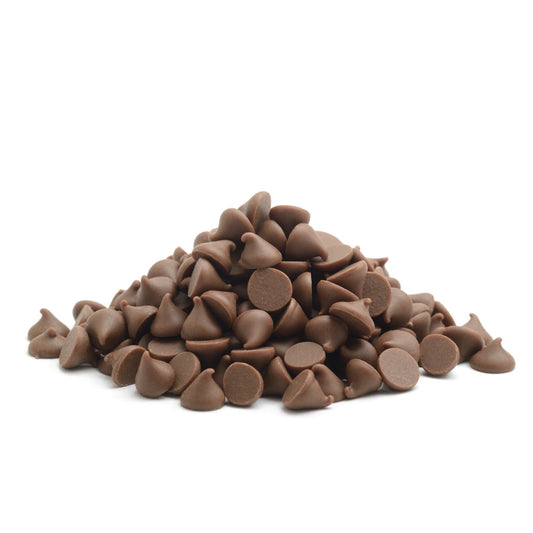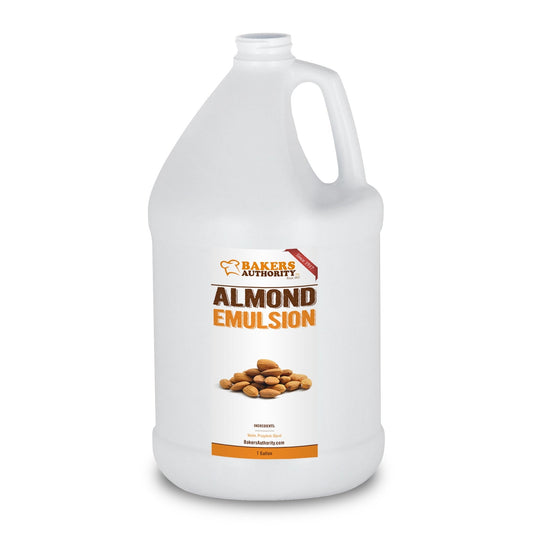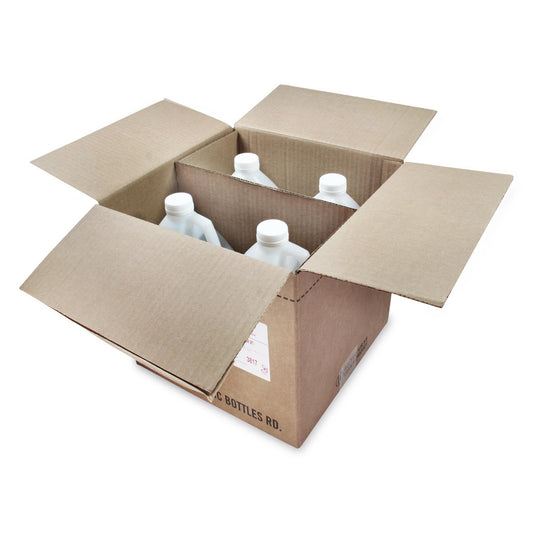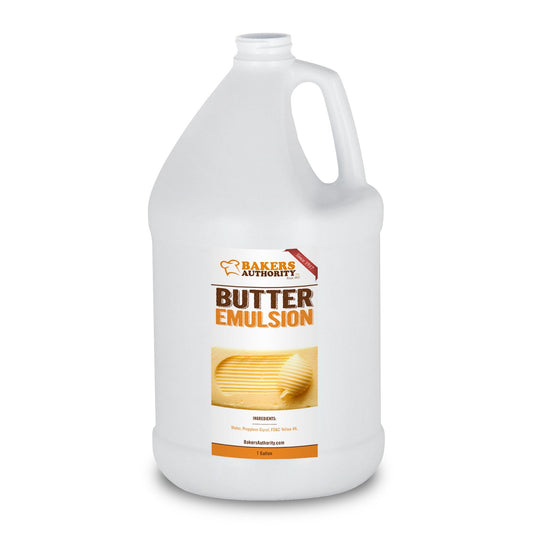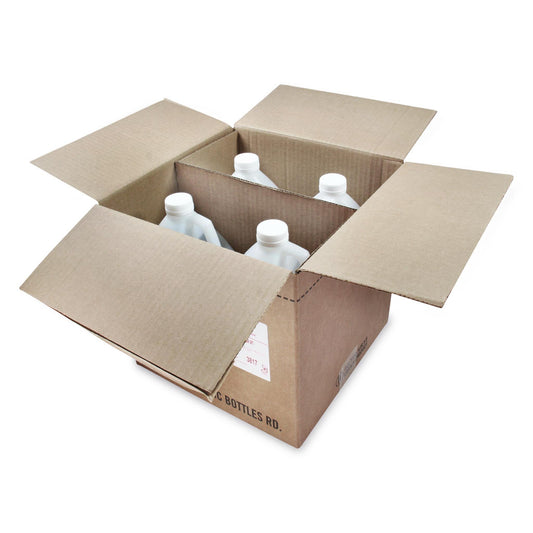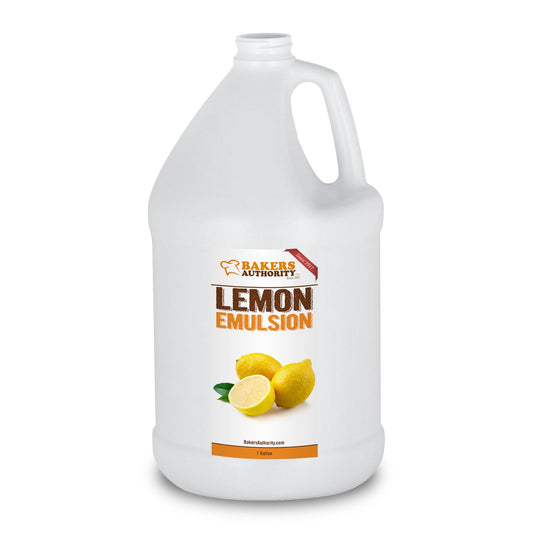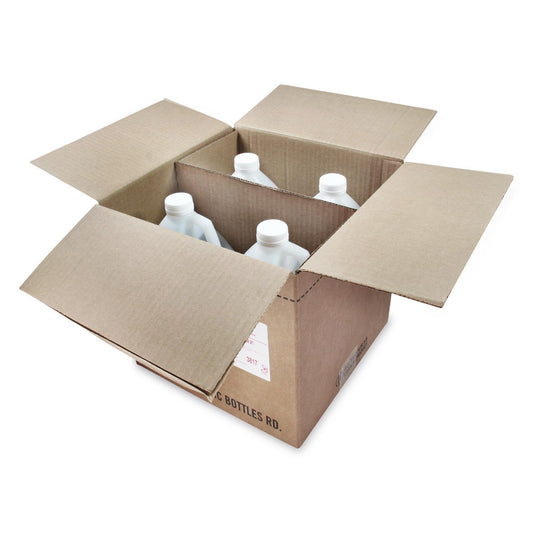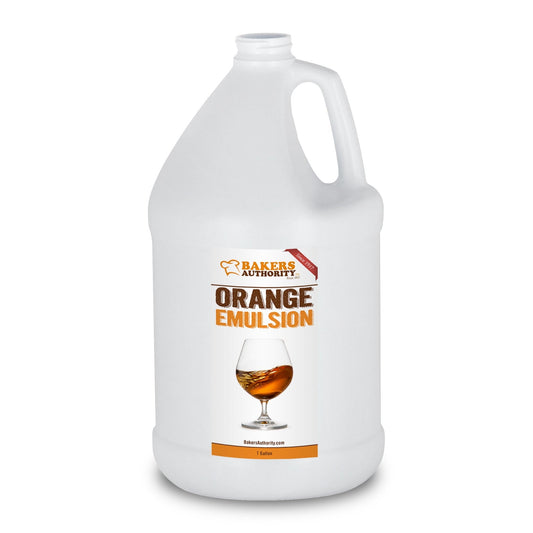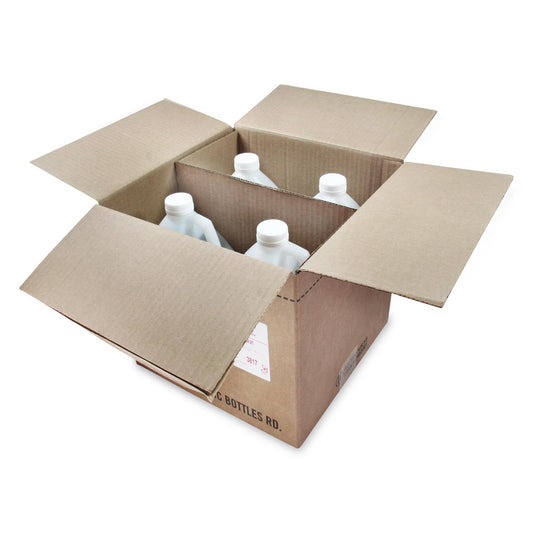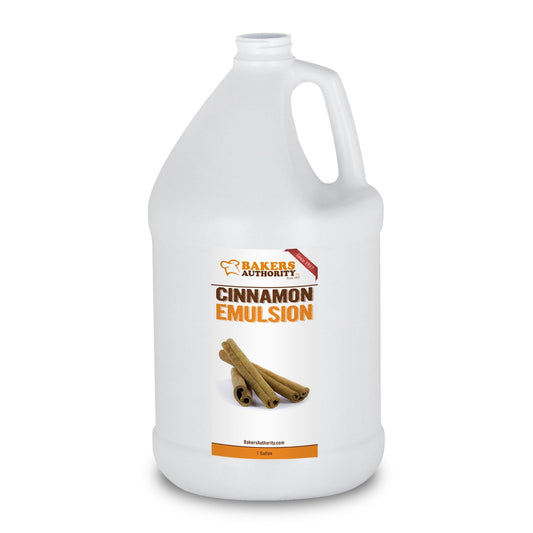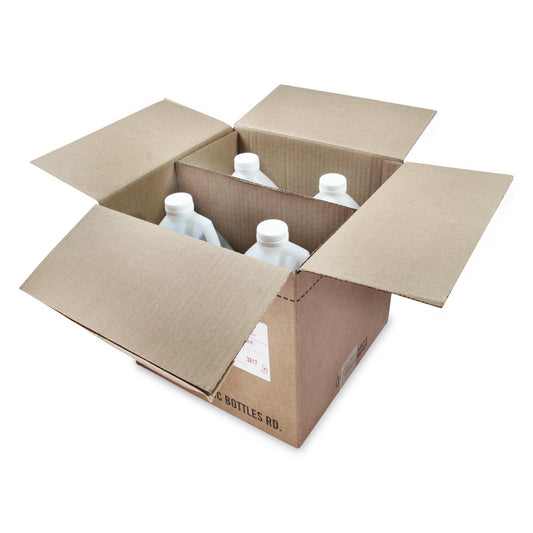-
Vendor:Bakers Authority
Artificial Almond Emulsion
Regular price $22.76 / Case (4 - 1 Gallon)Regular priceUnit price per/ Case (4 - 1 Gallon)Sale price $22.76 / Case (4 - 1 Gallon) -
Vendor:Bakers Authority
Artificial Butter Emulsion
Regular price $23.74 / Case (4 - 1 Gallon)Regular priceUnit price per/ Case (4 - 1 Gallon)Sale price $23.74 / Case (4 - 1 Gallon) -
Vendor:Bakers Authority
Artificial Lemon Emulsion
Regular price $20.49 / Case (4 - 1 Gallon)Regular priceUnit price per/ Case (4 - 1 Gallon)Sale price $20.49 / Case (4 - 1 Gallon) -
Vendor:Bakers Authority
Artificial Orange Emulsion
Regular price $27.99 / Case (4 - 1 Gallon)Regular priceUnit price per/ Case (4 - 1 Gallon)Sale price $27.99 / Case (4 - 1 Gallon) -
Vendor:Bakers Authority
Artificial Cinnamon Emulsion
Regular price $48.76 / Case (4 - 1 Gallon)Regular priceUnit price per/ Case (4 - 1 Gallon)Sale price $48.76 / Case (4 - 1 Gallon)
Frequently Asked Questions
-
What are baking emulsions?
- Baking emulsions are water-based, flavoring agents used to enhance the taste and aroma of baked goods. Unlike alcohol-based extracts, emulsions don't evaporate when exposed to heat, retaining a more potent and fuller flavor.
-
Why should commercial bakers choose emulsions over traditional extracts?
- Emulsions have a consistent flavor profile, as they don't evaporate during the baking process. This results in baked goods with a more vibrant and true-to-source flavor compared to traditional extracts. They're also ideal for high-heat applications where extracts might lose potency.
-
How do you substitute emulsions for extracts in a recipe?
- Typically, emulsions can be substituted on a 1:1 basis for extracts. However, it's always advisable to start with a little less and adjust according to taste, as emulsions may have a more pronounced flavor profile.
-
Are emulsions suitable for vegan and gluten-free baking?
- Yes, many baking emulsions are vegan and gluten-free, but it's essential to read the product label or consult the manufacturer's specifications to ensure they meet the necessary requirements.
-
Do emulsions have a shorter shelf life compared to extracts?
- Emulsions generally have a similar shelf life to extracts when stored in a cool, dark place. Their water-based nature does not significantly affect their longevity as long as they're kept in proper storage conditions.
-
Can emulsions color the final baked product?
- Some emulsions come with natural or artificial colorings that can impart a hue to the finished product, especially in light-colored baked goods. If maintaining a specific color in your baked item is crucial, be sure to choose a clear or neutral-colored emulsion or test a small batch first.
-
Are there any baked goods that you wouldn't recommend using emulsions in?
- Emulsions are versatile and can be used in a wide variety of baked goods. However, for recipes where the liquid content is crucial, or where the flavoring is added after baking (like in some frostings), you might want to adjust quantities or choose an extract instead.
-
How do emulsions react with other common bakery ingredients like acids or dairy?
- Emulsions generally mix well with most baking ingredients. However, when mixed with highly acidic ingredients, they can sometimes curdle. It's always a good idea to conduct a small test batch when trying a new recipe or ingredient combination.

